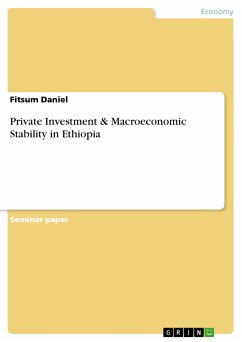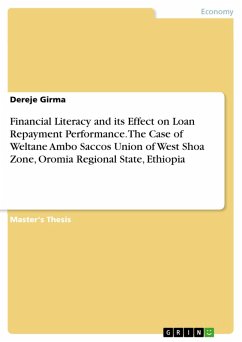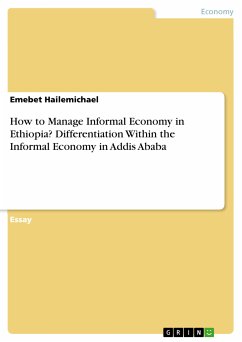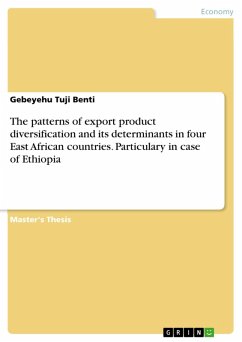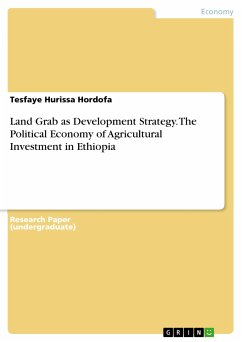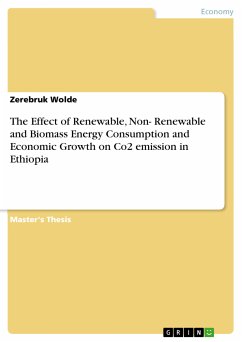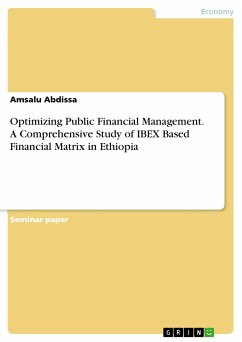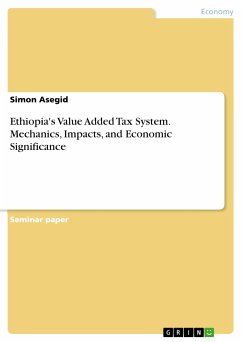Seminar paper from the year 2008 in the subject Economics - Case Scenarios, grade: B, , course: Macroeconomic Policy, language: English, abstract: The irreversible nature of long-term private investment expenditures has been emphasized in recent literatures on investment behavior. The irreversible nature of investment suggests that installed capital can seldom be put to productive use in a different sector or economic activities, at least not without incurring a substantial cost. In this context, private investors, foreign and local, will be reluctant to commit large expenditures on fixed investments when they are uncertain about the future political, social, and economic environment. Changes in uncertainty are usually associated with unpredictability. Thus, macroeconomic instability - a phenomenon making the domestic macroeconomic environment less predictable - is expected to hamper resource allocation including capital. As it is well known, investment especially for developing countries like Ethiopia is a motor for growth. Especially private investment (both domestic as well as foreign) should hold the lion share of the total investment of such countries as the capacity of governments in these countries to undertake investment in areas other than infrastructure is very limited. Of the number of determinants of private investment in developing countries, macroeconomic and political stability is believed to be the major one as such countries rate worse in this regard unlike developed countries. In this regard, a sort of preliminary assessment of the rough relationship between private investment and some key macroeconomic and political stability variables which are relevant in the context of Ethiopia, of course taking into account availability of secondary data, is sought in this term paper work. The hypothesis formulated to be tasted is that high macroeconomic and political instability has significant negative effect on private investment in Ethiopia. As data in regard with private investment is expected to be very limited (i.e., not more than 17 years data), descriptive analysis (with the help of graphs) is going to be used to reach to some conclusions from the available data.
Dieser Download kann aus rechtlichen Gründen nur mit Rechnungsadresse in A, B, BG, CY, CZ, D, DK, EW, E, FIN, F, GR, HR, H, IRL, I, LT, L, LR, M, NL, PL, P, R, S, SLO, SK ausgeliefert werden.

